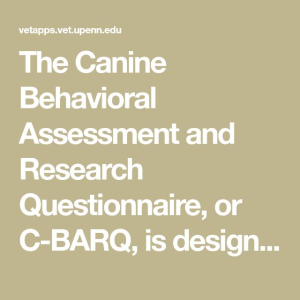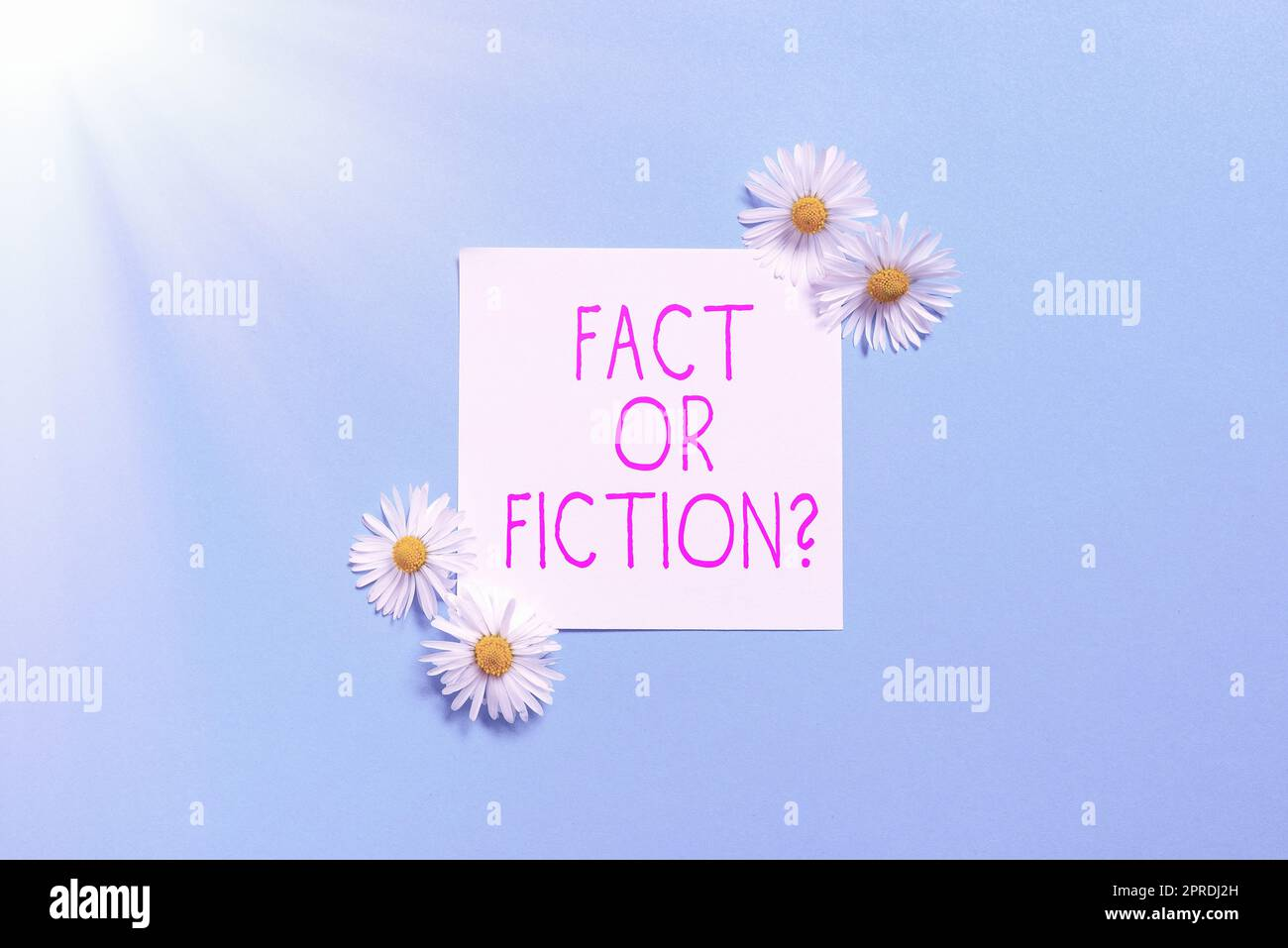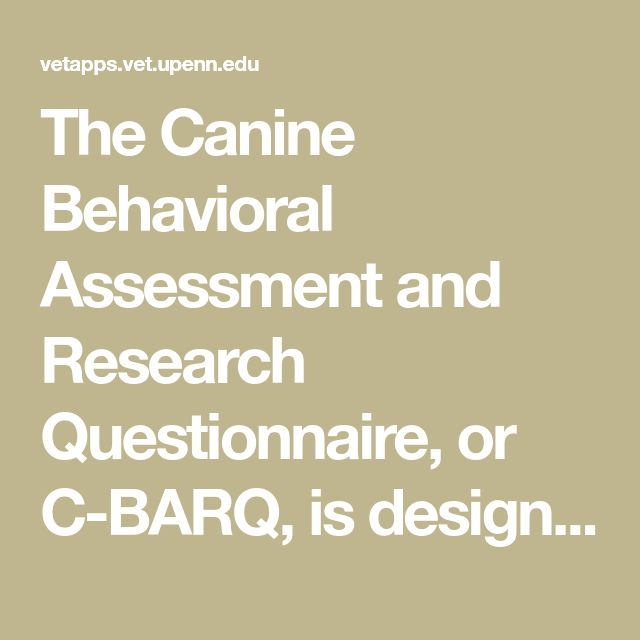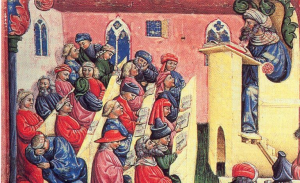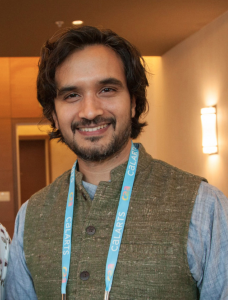In the rapidly evolving landscape of creativity, the intersection of the internet and fiction has sparked transformative changes in storytelling and reader engagement. As the digital realm reshapes literature’s fabric, many wonder about the profound impact of the internet on literature, influencing everything from narrative styles to how stories are consumed. With more writers leveraging social media platforms, there’s an undeniable trend of adapting to the whims of a vast audience, ultimately altering the dynamics of fiction in the digital age. Moreover, our reading habits in the internet era reflect a shift toward shorter attention spans, challenging traditional immersive experiences. This transformation beckons a deeper exploration of how the internet has fundamentally changed storytelling for both readers and creators alike.
In the contemporary artistic environment, the confluence of digital technology and creative writing has initiated a remarkable evolution in narratives. The ways in which stories are crafted and experienced have notably shifted, emphasizing the role that the web plays in shaping modern-day literature. As authors increasingly embrace online platforms as their primary means of dissemination, we observe a blend between fiction and connectivity, where audience engagement becomes paramount. This reality reflects the changing patterns in how we engage with literature, mirroring broader shifts in media consumption. Furthermore, discussing the nuances of fiction amid digital advancements reveals critical insights into the future of storytelling, colored by innovation and accessibility.
The Internet’s Impact on Literature: A Transformative Shift
The advent of the internet has significantly reshaped the landscape of literature, introducing new genres and changing how stories are told. Writers now have access to a vast array of resources online, enabling them to enrich their narratives with extensive research. The ease of finding historical references, character inspirations, and even plot ideas has allowed many authors to create more profound, researched pieces than ever before. However, the internet’s role in literature extends beyond just research; it also influences the styles and themes writers choose to explore in their works.
Moreover, the internet has democratized the literary world, allowing diverse voices to emerge and reach wider audiences. Social media platforms serve as venues for authors to engage with readers, promote their work, and share feedback, thus altering the traditional author-reader relationship. However, this shift has also led to the rise of trends that may prioritize immediate popularity over literary quality, prompting a conversation about how online culture can either enhance or dilute the essence of storytelling.
How the Internet Has Changed Storytelling
Storytelling has evolved alongside technological advancements, and the internet has been a catalyst in altering its essence. In previous eras, stories were passed down through generations verbally or through printed forms. Today, digital platforms allow stories to be shared globally within seconds, which not only broadens their reach but also changes their consumption mode. Readers can interact with narratives through comments, collaborative storytelling, and even fan fiction, creating a dynamic relationship with the material that was previously unimaginable.
Furthermore, the immediacy of the internet challenges traditional storytelling structures, often favoring brevity and instant gratification. Authors now face the dilemma of capturing attention quickly in a world overflowing with content. The rise of micro-narratives and serialized storytelling reflects this trend, where writers must engage audiences in short bursts, adapting their techniques to match the fast-paced internet culture. The result is a blend of traditional storytelling enriched with contemporary digital influences that redefine narrative forms.
Writers and the Role of Social Media in Literature
Social media has become an integral part of a writer’s toolkit, allowing authors to build personal brands and connect with readers like never before. Platforms like Twitter, Instagram, and TikTok have emerged as vital spaces for literary discussions, where writers can showcase their work, share insights into their writing processes, and even engage in real-time conversations with their audience. This accessibility helps to humanize authors, breaking down the barriers that once separated them from their readers.
However, relying heavily on social media can have mixed consequences for writers. The pressure to maintain an online presence and produce content that garners engagement can distract from the writing process itself. Many authors express concern that the need for likes and shares may lead to self-censorship or a shift in creative direction to appeal to popular opinion, potentially hindering authentic expression. Thus, while social media offers tremendous opportunities for connection, it also presents challenges that writers must navigate carefully.
Fiction in the Digital Age: Changes in Narrative Techniques
In today’s digital age, the narrative techniques employed in fiction have significantly transformed. Traditional linear storytelling often gives way to non-linear plots, fragmented narratives, and multimedia elements. Authors now experiment with hyperlinks, images, and interactive content, reflecting the fast-paced nature of digital media consumption. These innovations enhance reader engagement, allowing for a more immersive experience that aligns with online behaviors.
Moreover, the blending of different genres and formats has become increasingly common, as digital platforms encourage the cross-pollination of ideas. Genres that once seemed distinct now intermingle, fostering a culture of creativity that nurtures innovation in storytelling. The challenge, however, lies in maintaining coherence and depth in narratives that utilize these varied techniques, raising questions about the balance between novelty and traditional storytelling values.
Reading Habits in the Internet Era: A Paradigm Shift
The rise of the internet has dramatically altered reading habits, with many people consuming literature differently than in the past. The immediate availability of ebooks, audiobooks, and online articles has facilitated on-demand reading, allowing individuals to access a vast library of content at their fingertips. However, this convenience has also contributed to shorter attention spans, diminishing the deep reading experience that books historically provided.
Consequently, readers often find themselves skimming or multitasking, which can lead to superficial engagement with texts. While the internet has spurred incredible access to literature and information, it raises concerns about the quality of reading experiences. As individuals navigate between various formats, fostering a culture of deep, reflective reading amidst the distractions of digital life becomes increasingly critical for literature to thrive.
The Loss of Traditional Plot Devices Due to Connectivity
The connectivity provided by the internet has inadvertently diminished some traditional plot devices that relied on characters’ disconnection from the world. Classic literature often features stories that hinge on characters losing their way, both literally and metaphorically; these conflicts are less common in an era where instant communication is the norm. As a result, contemporary authors must find innovative ways to create tension and conflict that resonate with today’s digitally connected readers.
This shift also challenges writers to reflect on the emotional depth of their narratives without the crutch of isolation. The need to convey genuine stakes in an era where characters can easily contact each other or find information instantaneously compels authors to craft more intricate, nuanced plots. As stories evolve, the exploration of loneliness, connection, and the human experience in a highly connected world will remain crucial in creating compelling literature.
Evolving Research Methods for Modern Authors
The internet serves as a powerful research tool for modern authors, streamlining the process of gathering information and inspiration. Instead of spending hours in libraries conducting archival research, writers can access vast databases, articles, and even primary sources from the comfort of their homes. This ease of access expands the depth and accuracy of the research that informs their narratives, leading to richer storytelling that is well-rounded and informed.
However, this reliance on digital resources raises questions about the integrity and validity of the information accessed online. Authors must navigate the challenges of distinguishing between credible sources and misinformation, making critical thinking an essential skill in the digital age. The balance between extensive online research and traditional investigative methods will remain crucial for writers seeking to create authentic and impactful fiction.
The Role of Emotional Truth in Digital Fiction
In a world dominated by digital interactions, the quest for emotional truth has become all the more essential for writers. Fiction allows authors to explore complex human emotions and experiences that may not always be accessible through factual representation alone. As the internet fosters a climate of superficial interaction, writers are called to dig deeper, using their narratives to bridge the gap between reality and the emotional truths that shape our lives.
This necessity for emotional authenticity can drive authors to engage with their own experiences and societal issues, allowing fiction to serve as a powerful vehicle for empathy and understanding. As readers become increasingly bombarded with transient content, literature that transcends these superficialities will stand out, offering a deeper connection to the human experience. Therefore, writers must prioritize this emotional depth in their craft, drawing on the nuanced complexities that define our existence in the digital era.
Navigating Literature in an Age of Information Overload
The internet has created an environment of information overload, leading to a culture where readers are often overwhelmed by the sheer volume of content available. As countless articles, blogs, and social media posts compete for attention, discerning what is valuable or worth reading has become increasingly challenging. This deluge of information impacts not only how literature is consumed but also what readers consider ‘worthy’ of their time.
In response to this phenomenon, writers are compelled to focus on quality over quantity, crafting narratives that resonate deeply and make meaningful contributions to the literary world. Authors who can distill essential themes and ideas amidst the noise stand the best chance of connecting with their audiences. Embracing this challenge will determine which voices are heard and celebrated amid the cacophony of digital content.
Frequently Asked Questions
How has the impact of the internet on literature influenced the way fiction is written?
The impact of the internet on literature has fundamentally shifted the approach to storytelling. Writers now contend with the challenge of maintaining personal voice amidst the vast public scrutiny of social media, often altering their narratives to align with mass preferences rather than individual truths. This shift has led some authors to express concern over the potential loss of fiction’s core essence—private emotional truth.
In what ways has the internet changed storytelling in the modern age?
The internet has transformed storytelling in several ways, primarily by offering instantaneous access to vast resources for research and inspiration. However, it also competes for readers’ attention, often shortening engagement with narratives. The saturation of online content demands that stories capture audience interest quickly, which can undermine the depth of traditional storytelling methods.
How have writers and social media interacted to change literary reception?
Writers and social media have created a new dynamic where authors must navigate their craft in response to public opinion and viral trends. This often results in a shift from deep, challenging narratives to those that cater to broader audience expectations, leading to a landscape where traditional literary critics’ roles are diminished, and mass opinion dominates.
What role does fiction play in the digital age compared to previous eras?
In the digital age, fiction aims to provide emotional truth and explore human experiences through a lens that often contrasts with the quick consumption of information online. While the internet facilitates easier access to information and inspiration for storytelling, it also challenges the depth of narrative engagement, making the quest for authentic, immersive fiction even more crucial.
How have reading habits changed in the internet era?
Reading habits have shifted significantly in the internet era, with many readers finding it harder to engage deeply with texts due to distractions from online content. The ease of accessing information online has made reading feel more akin to a task than leisure, with many individuals scouting for quick reads rather than immersing themselves in longer, more complex works.
| Key Points |
|---|
| Impact of the Internet on Fiction: Writers discuss how the internet has transformed the landscape of fiction, influencing how stories are created and consumed. |
| Turning Readers into Audiences: Writers like Greg Jackson express that readers are now more like audiences, influenced by public opinions and social media, which limits the personal depth of fiction. |
| Research and Accessibility: Authors, such as Scott Turow and Julie Orringer, acknowledge the wealth of information available online, making research easier but potentially sacrificing deep reading experiences. |
| Loss of Traditional Plot Devices: Jennifer Finney Boylan notes that classic narrative structures, such as characters getting lost, are less relevant in an age where connectivity is constant. |
| Emotional Truth in Fiction: Min Jin Lee and Yxta Maya Murray emphasize that while the internet provides information, emotional truths often emerge through personal stories, which cannot solely rely on online research. |
| Generational Shift: André Aciman highlights how younger generations consume content differently, focusing on quick online reads rather than traditional literature. |
Summary
The intersection of the internet and fiction reveals significant changes in how stories are told and shared. The internet and fiction now coalesce, shaping reader experiences and author approaches. Writers have articulated a spectrum of perspectives, noting that while digital access enhances research capabilities and broadens knowledge, it simultaneously diminishes the depth of engagement with texts. This duality indicates that while the internet has revolutionized accessibility, preserving the emotional and personal truths that define powerful fiction remains crucial. As society navigates this evolving landscape, both readers and writers must strive to find a balance between online engagement and the intimate, profound connection that literature offers.


